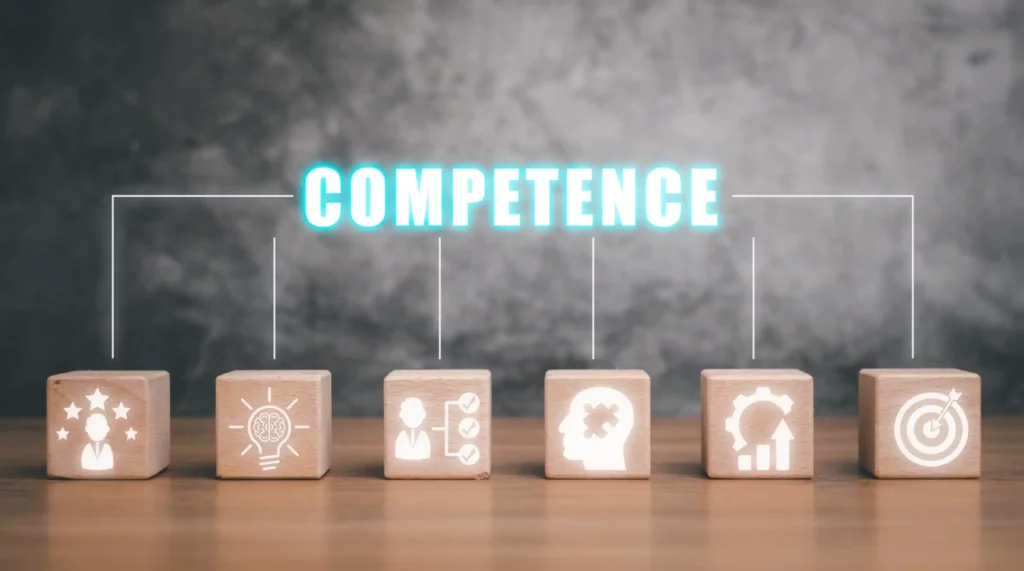
Recognition of Prior Learning, or RPL, is a key mechanism that recognises the skills and experiences gained by individuals from diverse backgrounds.
Implemented in many countries worldwide, including Australia, this assessment and recognition method is integrated into the education and training systems to provide qualified individuals with opportunities for personal and career development while ensuring that industries employ the right people with the competencies.
This informative guide will delve into the RPL processes in Australia, exploring what it is, how it works, why it matters, and who can benefit from it. Let’s start with the basics.

What Is RPL?
RPL, or Recognition of Prior Learning, is a process designed to acknowledge and assess the skills, knowledge, and competencies that individuals have acquired through various means other than formal education and training. It seeks to validate whether an applicant meets specific qualifications or field of study requirements.
Australia’s RPL assessment covers work experience, life experience, self-study, or volunteer work. The foundational principle behind RPL is that learning can happen outside the walls of a classroom or through structured courses.
As with other countries, many Australians gain valuable skills through practical experience. RPL allows them to receive official recognition for these skills. Get your RPL from https://gimbalgroup.com.au/rpl-australia/ and other registered training organisations (RTOs) that offer these assessment services.

How To Apply For RPL In Australia
Similarly, it’s important to note that getting RPL demands proper preparation. You need to provide evidence of your skills and knowledge, and you may need to pay an assessment fee. Despite the cost, RPL can be a great way to get a qualification without having to go back to school full-time, so it can still provide savings in the long term.
Here’s how to get started with the assessment and recognition process:
1. Identify Your Career Path And Compare It With Your Skills And Knowledge
To increase your chances of getting RPL, ensure that your experience is relevant to the qualification you’re applying for. Individuals interested in seeking recognition of their prior learning must reflect on their skills and experiences and identify how they relate to a specific qualification or course. This self-assessment helps them understand where their strengths lie and which qualifications or units of competency they may be eligible for.
For instance, if you’ve volunteered as a teacher in informal settings for 10 years, you may apply for a teaching qualification. RPL can likewise be applied in academic settings by way of credit transfer. Suppose a student has previously taken a relevant online education or training certification course. In that case, they can shorten their current study period.
2. Find A Registered Training Organisation (RTO) Or Educational Institution
After self-assessment, individuals usually consult an RTO or educational institution offering the qualifications they seek. During this consultation, they discuss their goals, the RPL process, and the evidence required to support their claims of prior learning.
Fees and procedures differ from one evaluating entity to another. Luckily, most have websites that allow free consultation. The RTO representative will explain how the entire process goes, provide you with an application form, and assess your evidence of skills and knowledge.
3. Provide Evidence Of Your Skills And Knowledge
The RPL Australia program requires applicants to submit documentary and other evidence to validate their experience claims. These pieces of evidence are used to assess whether their skills and knowledge align with the learning outcomes of the qualification they are seeking.
As such, your assessor will ask for training, qualification and employment papers, including your résumé or curriculum vitae, performance appraisals, etc. Your requirements may vary based on the industry or your chosen field. Your previous employers might be interviewed, or the assessor might sometimes visit you in your current workplace.
Your assessor will check your submission and notify you whether you need further evidence or if you can proceed with the next step.
4. Take A Written Test, Practical Exam, And Interview
After providing the requirements to the RTO assessor or education expert, it’s time to test your knowledge and skills. This is one of the most important components of the process and will focus on the technical aspects of your skills and qualifications. This assessment can be based on various factors, including the relevance and quality of the evidence provided.
To validate these, you’ll be required to complete a knowledge test, explain what you do concerning your current and previous jobs, and, in some instances, provide work samples. The RPL assessor will determine whether your competencies are a match or require you to undergo further training.
5. Wait For Your RPL Outcome
The assessor will submit a recommendation or report based on the evidence you’ve presented and the written and practical test results. All RTOs, including their assessors, must follow the RPL guidelines on assessment and rules of evidence, per the Australian Skills Quality Authority.
An applicant may be granted full or partial credit towards the desired qualification if successful. For instance, a worker whose RPL application was approved will be issued a nationally accredited qualification with accompanying documents. If unsuccessful, they may be offered guidance on additional training or areas for improvement.
Why Is RPL Important?
The International Labour Organization, a United Nations arm for advancing global human and labour rights, strongly encourages states to integrate RPL into their national policies. In Australia, RPL holds immense importance for several reasons:
1. RPL Fosters Inclusivity
Recognition of Prior Learning manifests Australia’s push for inclusivity by recognising the skills and experiences of individuals from diverse backgrounds, including those without access to formal education. It allows people to participate in education and training programs based on their existing competencies.
2. Offers Time And Cost-Efficiency
For many individuals, RPL can significantly reduce the time and cost required to obtain a formal qualification. Recognising prior learning eliminates the need to repeat learning that has already been mastered, saving employees and students time and costs.
3. Facilitates Career Advancement
RPL can open doors to career advancement and opportunities for individuals who may have extensive experience but lack formal qualifications. Employers often value practical experience, and RPL helps individuals showcase their expertise.
4. Encourages Continuous Learning
By recognising that learning is an ongoing process that can occur throughout one’s life, RPL encourages lifelong learning. It incentivises individuals to update and expand their skills continually.
5. Strengthens Industries
RPL ensures that the skills and qualifications of the available workforce align with industry needs and standards. It allows professionals to demonstrate that their skills are up-to-date and relevant to their chosen field.

Who Can Benefit From RPL?
RPL is a valuable pathway for a wide range of individuals, including students and employees in the following situations:
- Experienced Professionals: Professionals with years of experience in their field can use RPL to gain formal recognition for their expertise.
- Working Students: Employees seeking higher learning can use RPL to decrease their study load. They can achieve better work-life balance and save time and tuition costs.
- Career Changers: Individuals looking to transition into a new career can leverage their transferable skills and experiences through RPL.
- Immigrants: Newcomers to Australia can use RPL to validate their international qualifications and bridge any gaps in their credentials.
- Mature Learners: Mature learners who have been out of the education system for a while can use RPL to re-enter the workforce with recognised qualifications.
- Informal Learners: Those who have pursued informal learning, such as self-study or community involvement, can seek validation through RPL.
In summary, RPL is available to individuals of all ages, not just adults. Younger learners can also use it to recognise skills acquired early in life.
Frequently Asked Questions About RPL
1. Who is eligible for RPL?
Anyone who’s gained previous learning and experience that increases their competencies may apply for RPL accreditation. However, it’s best to coordinate with their preferred RTO or academic institution to determine eligibility.
2. What do RPL assessors look at?
As mentioned, RPL aims to assess the skills and knowledge you’ve gained through formal, non-formal, and informal learning. Formal learning refers to academic and structured settings, including schools, universities, or training courses. Non-formal learning includes workplace training, workshops, and seminars. Meanwhile, informal learning is often culled from experiences such as pursuing a hobby, volunteering, and travelling. An assessor will validate these and your practical knowledge as part of the RPL evaluation.
3. How long does RPL approval take?
RPL is not an automatic process. It takes three months, on average, to complete the procedure. As discussed above, it requires substantial evidence and assessment to ensure that the individual meets the required competency standards.
4. How much should I pay to get an RPL?
RPL assessment costs vary between RTOs and the field of study, among other factors. Do your homework and research different organisations before committing to one. An applicant may sometimes avail of financial assistance, according to the Queensland government’s RPL page.
5. Does RPL offer a shortcut to my career goals?
RPL is not a shortcut to obtaining qualifications. It recognises existing skills and knowledge, but individuals must still meet specific standards.

Concluding Thoughts
Recognition of Prior Learning (RPL) in Australia is a powerful tool for recognising and validating an individual’s skills and experiences. Whether you’re a seasoned professional, a career changer, or someone with diverse life experiences, RPL offers a pathway to formal recognition and new opportunities. Embracing RPL is not just a step towards skill recognition; it’s a step towards personal and professional growth.
In a world where skills and competencies are as diverse as the people who possess them, RPL stands as a testament to the principle that education and training should adapt to the individual instead of vice versa.

